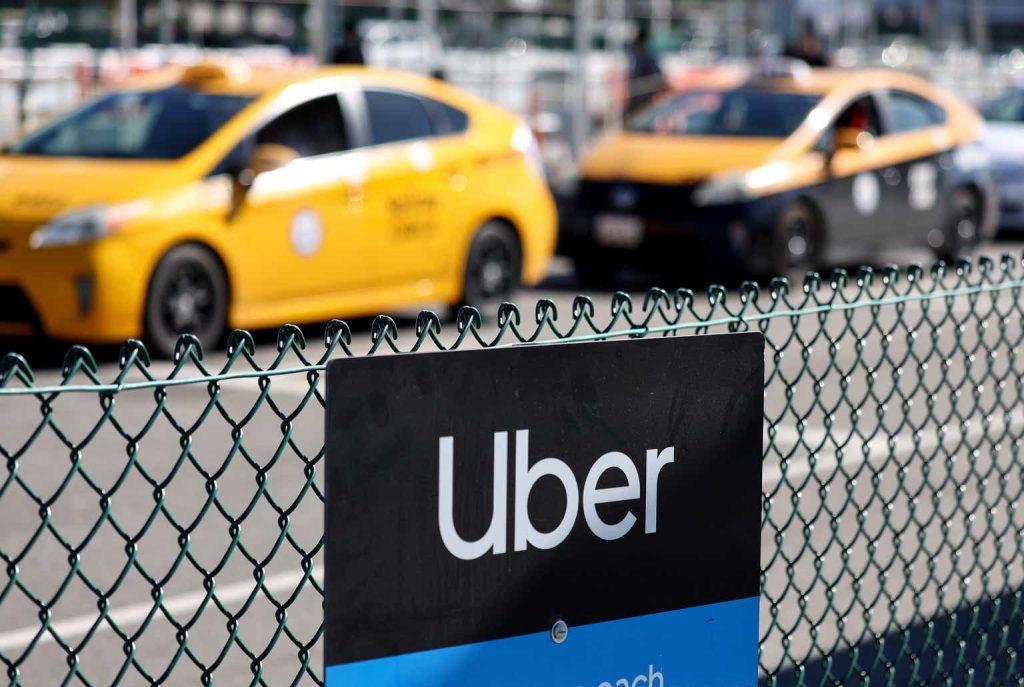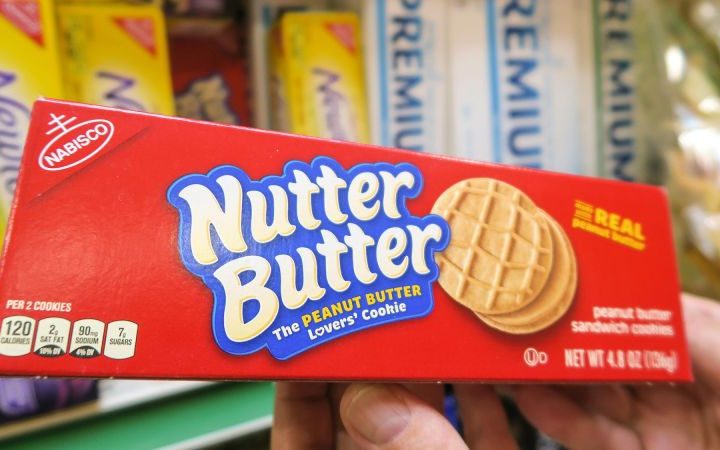Meta’s top executives, including CEO Mark Zuckerberg, ignored warnings for years about harms to teens on its platforms such as Instagram, a company whistleblower told a Senate subcommittee on Tuesday.
Meta instead fosters a culture of “see no evil, hear no evil” that overlooks evidence of harm internally while publicly presenting carefully crafted metrics to downplay the issue, said Arturo Bejar, an ex-Facebook engineering director and consultant.
Bejar is the latest former insider to level public allegations that the tech giant knowingly turns a blind eye to problems that its policies and technology cannot cheaply or easily address.
Bejar’s testimony before members of the Senate Judiciary Committee comes after what he described as fruitless appeals to Zuckerberg and his lieutenants in the fall of 2021 based on research his team had conducted on the experiences of teens and other users of Meta’s platforms.
Tuesday’s hearing follows a public report by The Wall Street Journal last week that laid out many of Bejar’s claims, including that he first became motivated to study the issue because of unwanted sexual advances his own 14-year-old daughter received from strangers on Instagram.
“It is unacceptable that a 13-year-old girl gets propositioned on social media,” Bejar testified, citing a statistic from his research finding that more than 25% of 13-to-15-year-olds have reported receiving unwanted sexual advances on Instagram. “This is unacceptable, and my work has shown that it doesn’t need to be this way.”
Amid criticisms of its platforms, Meta has rolled out some 30 parental controls to manage who their kids can talk to or how much time they spend on Facebook and Instagram.
Tuesday’s hearing once again places Meta in the bipartisan crosshairs of Congress, which has long struggled to come up with laws and regulations for social media in the face of industry lobbying, First Amendment concerns and, in some cases, substantive policy disagreements between Republicans and Democrats. Meanwhile, both parties have united behind blaming Meta for contributing to a nationwide mental health crisis.
Bejar’s testimony arrives almost exactly two years after Frances Haugen, another former Meta employee and a member of the Council for Responsible Social Media, came forward with troves of internal documents that she said proved how Instagram was aware its service may be harming children.
Bejar’s research “is basically a smoking gun,” Haugen told CNN in an interview Tuesday.
“The fact that he has the emails and responses from senior executives like [former COO] Sheryl Sandberg, this is a really, really big deal,” Haugen said.
“Every day countless people inside and outside of Meta are working on how to help keep young people safe online,” said Meta spokesman Andy Stone in a statement. “The issues raised here regarding user perception surveys highlight one part of this effort, and surveys like these have led us to create features like anonymous notifications of potentially hurtful content and comment warnings.”
Stone added that while the specific user perception survey Bejar worked on is no longer run at the company, Meta still performs many other types of user perception surveys and that some of the tools it’s introduced for teens — such as a feature to silently mute other users — are a direct result of those surveys.
Lawmakers on Tuesday ripped into the social media giant, saying they were “in no way surprised” by Bejar’s allegations and calling for swift passage of legislation to rein in Meta and other tech giants.
“They hid from this committee and all of Congress evidence of the harms that they knew was credible,” said Connecticut Democratic Sen. Richard Blumenthal.
Missouri Republican Josh Hawley blasted Big Tech companies for spending “gobs” of money to gain “a hammerhold” on the legislative process and to thwart bills that would restrict the industry’s power. He also accused Meta of “cooking the books” on data related to mental health harms.
Tennessee Republican Sen. Marsha Blackburn noted that Instagram CEO Adam Mosseri had testified before the Senate soon after Bejar had notified him, Zuckerberg, Sandberg and Chief Product Officer Chris Cox about his concerns.
“In fact, [Mosseri] testified just a few months after you sent two emails to him about youth harms on the platform,” Blackburn said. “In his testimony, Mr. Mosseri said, and I quote, ‘we care deeply about the teens on Instagram, which is in part why we research complex issues like bullying and social comparison and make changes.’ Do you agree with his characterization?”
Bejar replied: “I agree with that they make research; I don’t agree that they make changes.”
“Isn’t it a fact that social media has lowered the cost of being an a-hole?” asked Louisiana Republican Sen. John Kennedy.
Bejar agreed. “Yes, I think using your term, they reward being an ‘a-hole,’” he said.
Bejar left Facebook in 2015 but returned as a consultant working on user well-being issues in 2019 following his daughter’s run-ins with unwanted sexual advances. Though his daughter reported the incidents, he said, Facebook did nothing.
Hired by Facebook to study the issue, Bejar said he soon ran into institutional hurdles.
“It seems to me that the company culture is one of, ‘see no evil, hear no evil,’” Bejar told lawmakers. “We don’t want to understand what people are experiencing. And we’re not willing to invest in that and the tools that will help.”
Meta has previously said that its incentives are aligned with users on safety issues and that Meta acts aggressively on harmful material because it knows users do not want to see it. But Bejar told lawmakers Tuesday he believes users’ experiences would meaningfully improve if Zuckerberg were required to disclose survey data on every earnings call about self-reported bad experiences on company platforms.
According to the Wall Street Journal, Bejar’s survey work found that more than 1 in 4 users under age 16 reported having a “bad experience” with Instagram as a result of “witnessing hostility against someone based on their race, religion or identity.”
“More than a fifth felt worse about themselves after viewing others’ posts,” the Journal wrote of Bejar’s research, “and 13% had experienced unwanted sexual advances in the past seven days.”
Other evidence from Bejar’s research presented Tuesday included that “nearly a third of young teens have seen discrimination based on gender, religion, race and sexual orientation,” according to Blumenthal.
One of Bejar’s key allegations is that Meta has poured enormous resources into automated detection of clearly rule-breaking content, while diverting resources away from costly human reviews of situations that do not neatly or explicitly violate Meta’s rules but that may be distressing to users nonetheless.
After Bejar contacted Zuckerberg, Sandberg, Cox and Mosseri, Sandberg wrote to him individually to sympathize, and Mosseri held a meeting with Bejar to discuss the matter, according to the Journal. But Bejar, who left the company weeks later in October 2021, maintains that his complaints went unaddressed and that he never heard from Zuckerberg at all.
Bejar’s evidence, which is part of a multistate federal lawsuit against Meta filed last month, could encourage more whistleblowers to come forward, said Haugen. And it fleshes out the incomplete picture that the public was presented when she first testified, she added.
Lawmakers including Hawley and Blumenthal vowed Tuesday to try to push a high-profile bill known as the Kids’ Online Safety Act across the finish line by the end of the year.
“Big Tech is very much in danger,” Blumenthal said, mentioning previous government actions to curb harmful products. He said everyday Americans understand “the harm being done” and compared it to harms from smoking. He said Big Tech is “the next Big Tobacco.”
CNN’s Samantha Kelly contributed reporting.
Read the full article here







